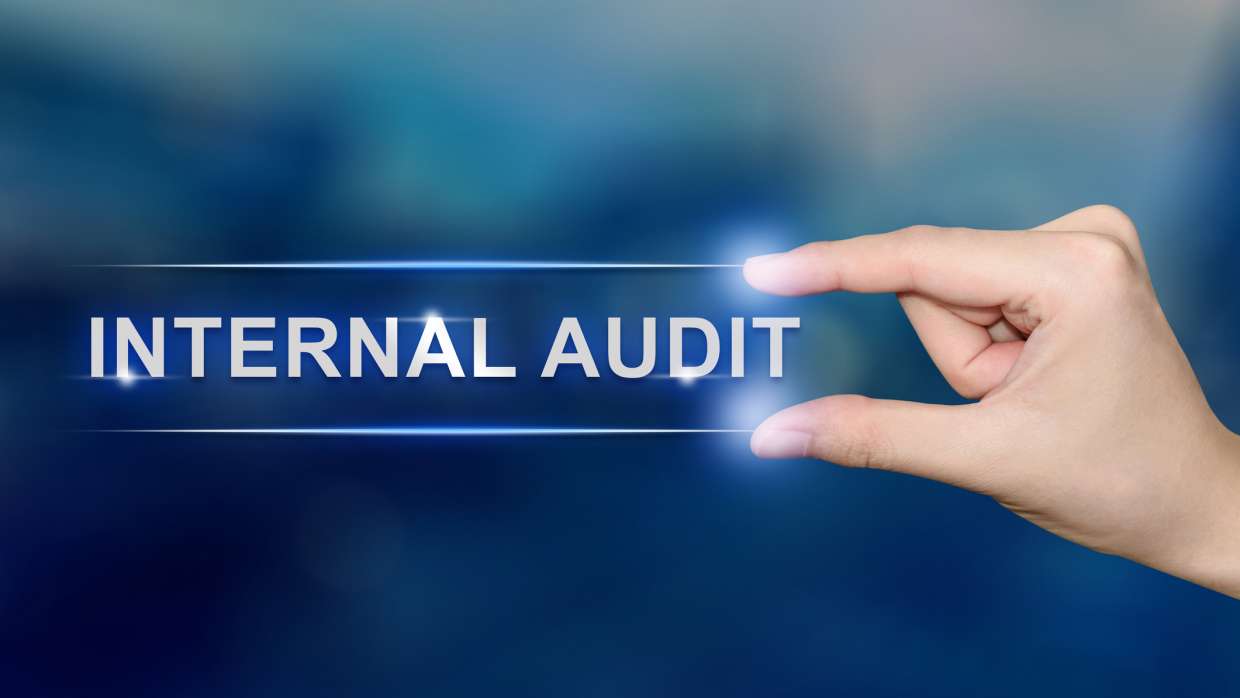Blog
Key Role & Responsibilities of Internal Auditors UAE
global
Internal audit's role is to provide an autonomous assurance that a company's risk management, governance, and operations are performing efficiently. Alchemist accounting is one of the leading firms in UAE that handle accounting and bookkeeping services. We follow a methodical and meticulous approach and offer various services all on a single platform.
What is an internal audit?
An Internal audit is a management tool that helps you to improve the functions and internal controls within the company. It is a department in a firm that is allocated to provide a calculation of the company’s risks, steps to control, and operational efficiency. The department must report to the board and senior authorities which are within the company’s governing structure.
Importance of internal auditor to organizations
- Internal auditors assist executive management and boards in determining if they are effectively operating the company for the benefit of their stakeholders. Internal audit's mission statement aptly summarizes this: "The aim of internal audit is to enhance and protect organizational value by providing risk-based and objective assurance, advice, and insight."
- The internal and external auditors and executive, as well as non-executive management, play a crucial role in the top-level governance of any business.
Role and Responsibilities of Internal Auditor
As an internal auditor, your job is to provide an in-depth analysis of the company’s dealings and processes and then translate the information into insightful data to improve the company’s operations. For this, an auditor must use techniques such as:
- Reviewing the company's business procedures on a regular basis.
- Executing measures to protect the organization's assets and money from fraud and theft.
- Assessing the company's risk management activities.
- Identifying the company’s compliance with applicable laws and regulations.
- Performing an assessment and giving recommendations to help improve internal control.
- Providing objective, unbiased recommendations to help the company achieve the goal and legality and validity.
- Responsible for completing audit assignments allotted to them.
- Learning and understanding the company's policies and procedures.
- Identifying audit scope and creating annual plans for the company.
Responsibilities
- Internal auditors must attend meetings to understand how to improve the business.
- Must travel to numerous sites in order to obtain all necessary information from numerous staff members.
- Shall assist managers and staff at all levels with ad hoc support and advice.
- Will offer managerial help and advice on how to handle emerging opportunities.
- Shall handle a variety of stakeholders and their expectations via regular communications.
- Will analyze how well the company adheres to laws and regulations and notify the management if any issues need to be addressed;
Internal auditors must be independent people who can stand up and voice their opinion. Their employers will value them as they provide an unbiased, independent, and constructive view. For this, auditors must possess an excellent set of skills and knowledge. They have to play multiple roles. One day they will be advising a team about tackling a challenging program and the next day they will be investigating a complex internal fraud.
Right from the beginning of their career, they need to talk to management executives on the top level about difficult, strategic issues which are the challenging and fulfilling parts of their role as an internal auditor.
Who can be an internal auditor of an organization?
The internal auditor can be anyone, individual, corporate body, or partnership firm.
- An Internal auditor can or cannot be necessarily an employee of the business.
- Internal auditors can be Chartered Accountants or Cost Accountants, whether practicing or not, or any other professional the Board deems appropriate.
Areas where Internal Audit is required
- Financial Audit – This will ensure the compliance of laws and regulations with timely financial reporting and data collection to retain operational productivity and amend lapses before they are found in external audits.
- Compliance Audit – Make sure that the Compliance is completed within the specified time. If there is any delay, a valid reason must be mentioned.
- Risk Management Audit – to analyze any risks involved in a company
- Internal audit of a bank – reduces the risk of loss and damage of reputation to the bank.
Bottomline
Internal auditing should be mandatory in every company by auditors who fulfill the criteria by assessing the company's internal functionality, structure, accountability, integrity, fraud protection, and statutory compliance in order to make the company's functionality easier, honest, and visible.
Alchemist accounting is a team of accomplished, talented, and certified auditors who are experts in auditing services in Qatar, Bahrain, UAE. We offer legitimate conclusions to your organization to help you enhance your business in today’s competing market.
Feel free to contact us. Our accounting expert will call you immediately and offer you a free consultation on any queries.